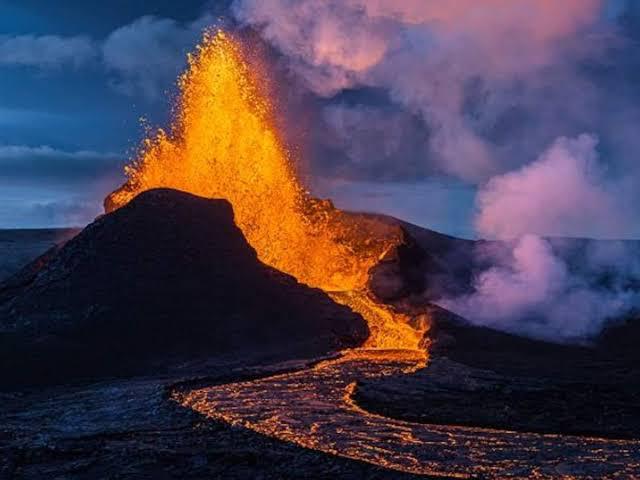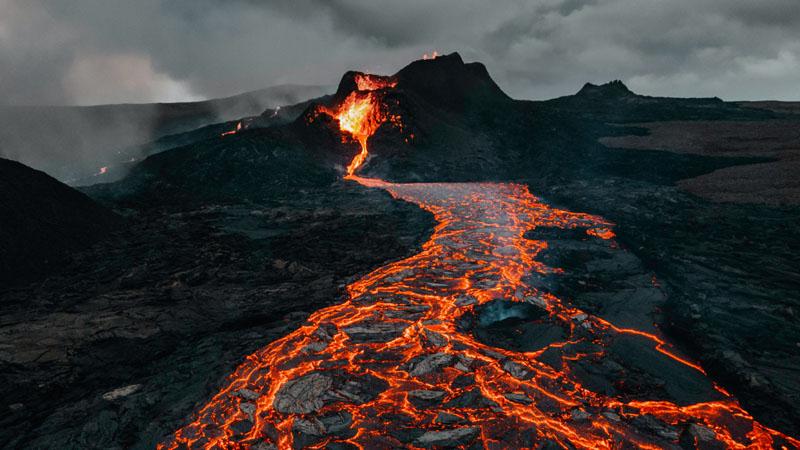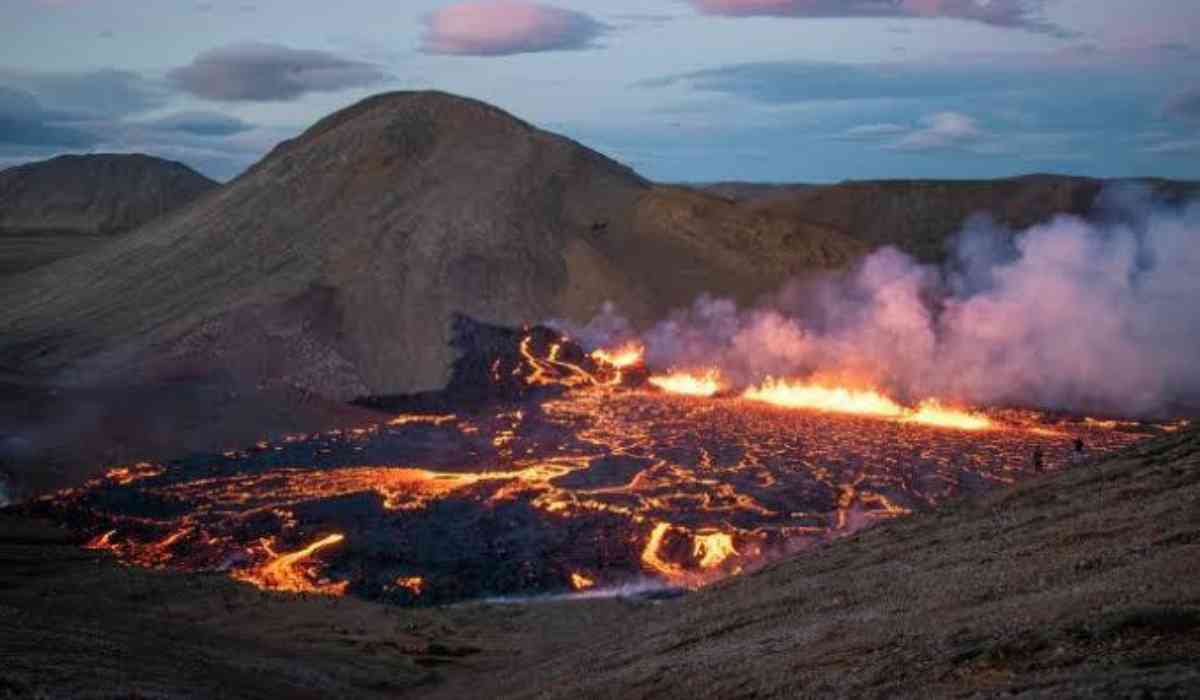Iceland declared a state of emergency on Friday, 10 November following a series of strong earthquakes within a 14-hour period in the southwestern Reykjanes peninsula, signaling a volcanic eruption.
The state of emergency for civil defence was declared by the National police chief due to intense seismic activity near Sundhnjukagigar, north of Grindavik, as announced by the Department of Civil Protection and Emergency Management.
November 10, the Icelandic Met office (IMO) noted considerable seismic shifts and observed deformations in the Reykjanes Peninsula. The administration cautioned that earthquakes might exceed previous magnitudes, potentially causing an eruption of the Volcano. This led the police chief in Suðurnes, in coordination with Civil Protection Authorities, to evacuate Grindavík as seismic activity moved southward.

In response to the escalating situation, the Department of Civil Protection is taking security measures by dispatching the patrol vessel Thor to Grindavik. Emergency help centre’s and shelters had been established in Grindavik.
As a preventive measure following another earthquakes, the famous tourist destination near Grindavik, the Blue Lagoon, has temporarily shut its doors.
The Svartsengi geothermal plant, a crucial provider for the Reykjanes peninsula, has also established plans to ensure the safety of its workers in case of an eruption.
Since 2021, three eruptions have occurred on the Reykjanes peninsula, each situated in areas far from infrastructure or populated zones.
Iceland boasts the highest count of active volcanic systems in Europe, totaling 33, all located along the Mid-Atlantic Ridge between the Eurasian and North American tectonic plates. Before the eruption near Mount Fagradalsfjall in March 2021, the Reykjanes volcanic system had remained dormant for eight centuries.

Volcanologists anticipate that this heightened volcanic activity may persist for decades or even centuries. The April 2010 eruption at Eyjafjallajokull resulted in widespread flight cancellations, impacting over 100,000 flights and stranding more than 10 million travellers.
© Copyright 2023. All Rights Reserved Powered by Vygr Media.
























